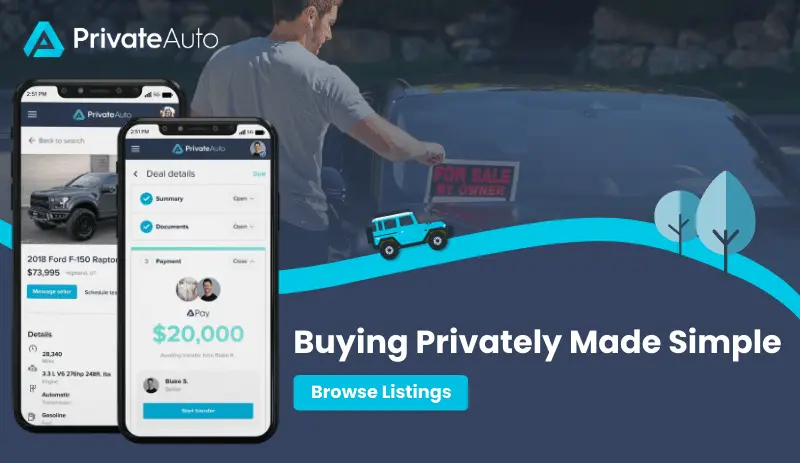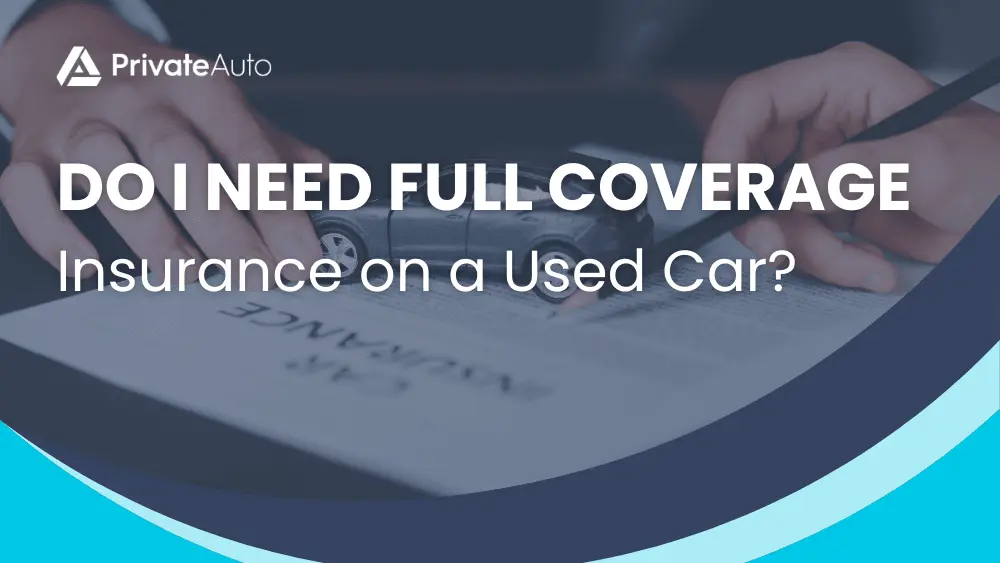Evaluating Your Vehicle’s Condition and Value
In some instances, the answer may be a clear “yes” or “no” when it comes to whether or not you need full coverage auto insurance. If the car isn’t paid off, or it is but it’s still relatively new, you should have both comprehensive and collision insurance (i.e,. full coverage car insurance). On the other hand, if your car is fully paid off and it’s considered a “clunker”, full coverage insurance might be an expense you can cut back on.
Most people want to know exactly what their insurance costs and why it matters. Your situation likely fits somewhere in the middle of these two extremes of having a brand new car or old clunker, so take the time to see if full coverage insurance is right for you.

What is Full Coverage Car Insurance?
One popular type of insurance, basic insurance, is the minimum coverage states require to legally operate a vehicle, also known as Liability Coverage. Liability coverage includes damages and bodily injury to other people and their property. Full Coverage, on the other hand, includes both liability coverage and the optional add-ons for comprehensive and collision insurance, which is necessary for a financed car. Full coverage also helps when another driver’s liability insurance doesn’t cover the extent of your damages.
Collision covers damage to your car in the event of a crash, regardless of fault. Collision also covers your car when an under- or uninsured motorist’s coverage isn’t enough to cover your damages. Meanwhile, comprehensive insurance covers your car even if another vehicle isn’t involved – say, you run into a tree.
Comprehensive covers everything else that doesn’t involve crashes, such as acts of nature, theft, or vandalism. If you’re still paying on a car loan, this is much-needed coverage.
When Is Full Coverage Required?
Full coverage is a type of coverage that brings collision and comprehensive insurance into one plan. One instance where you must carry full coverage auto insurance is when you aren’t the legal owner of the car.
For instance, if you have an auto loan and you’re making car payments, whoever holds the lien is the legal owner. To protect the owner’s investment in the vehicle, the legal owner or lien-holder requires full coverage until you’ve paid off the loan. All financed cars require full coverage insurance until you pay off your car loan.
This is true even if you have a used car. Whether new or used, if you are making payments towards a car loan, you’ll still require full coverage insurance. Additionally, gap insurance may be a good idea, as this will cover the difference between your car’s value and the amount you owe in the event that your car is totaled and you owe more than it’s worth. Insurance companies will only pay up to the full value of your vehicle, regardless of how much you owe.

Do I Need Full Coverage After Paying Off My Car Loan?
After you make your final car payment, you don’t legally need to have any insurance coverage above your state’s legal minimum amount of insurance. Once you’re the only legal owner with a stake in the vehicle, you’re the only party that stands to lose money if the car is damaged or totaled.
Unless you feel your used car is worth enough to justify the payment for collision and/or comprehensive, you can save hundreds of dollars every year by dropping some of the full coverage add-ons. However, if you’re considering only carrying liability insurance, ask yourself these questions first:
How old is the car?
If the car is 10 years old or less, sticking with full coverage insurance is a good idea. Chances are, repairing or replacing a vehicle of this age would cost more than the cost of full coverage insurance.
Can you replace your car if it’s stolen?
If replacing a stolen car would cause stress to your finances greater than maintaining the cost of coverage, keep your comprehensive coverage.
If your car had a sudden major issue, would you pay for repairs or scrap the car?
If repair costs outweigh the vehicle’s value, it might not be worth it to fix it. The same goes for carrying full coverage – if rates outweigh vehicle value, you might be better off with liability insurance and tucking away any extra money you would have put towards your policy’s premiums so you’ll have them saved in the event that you need to buy another car.
Consider Your Options
Another way you can decide if you want continued full coverage looks at the difference between your annual full coverage costs and 10% of your vehicle’s value. For instance, say your annual payment for full coverage insurance is $1,000 and your vehicle’s value is $6,000. Ten percent of $6,000 is $600, meaning your insurance payments are more than the car’s worth – you can probably drop full coverage.

Try PrivateAuto
Here are just a few of the reasons why PrivateAuto makes it easy to buy or sell a car privately:
- Communicate without sharing your personal information
- Easily manage and respond to offers
- State Documents ready to sign
- Electronic Signatures
- Tips for selling or buying privately in your state
- Insurance tips and information
Consider PrivateAuto for your next private vehicle transaction whether you’re selling your car or you’re a buyer who needs warranty coverage.
